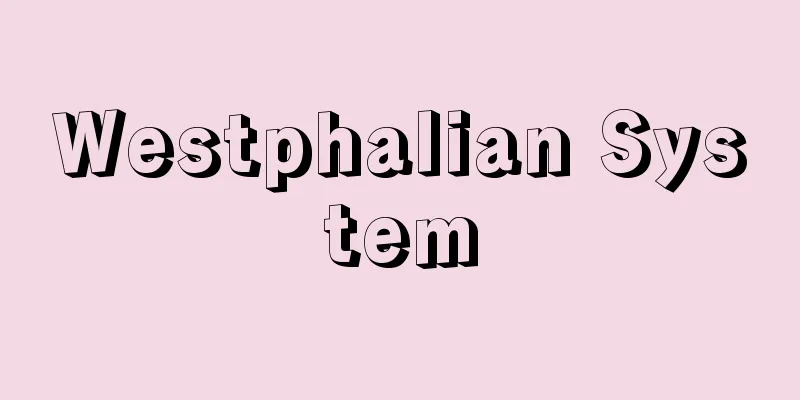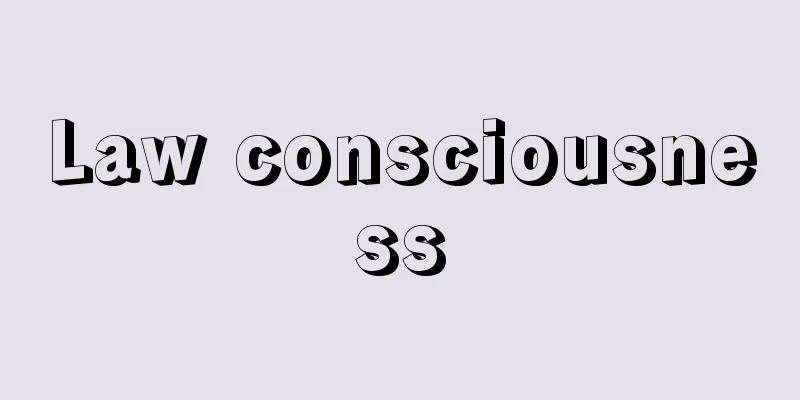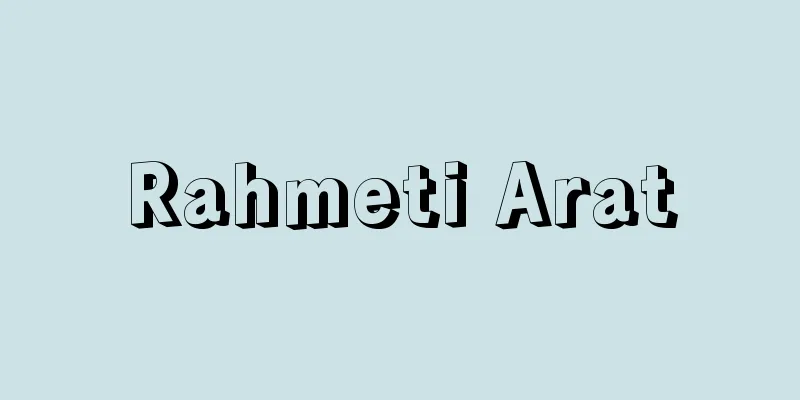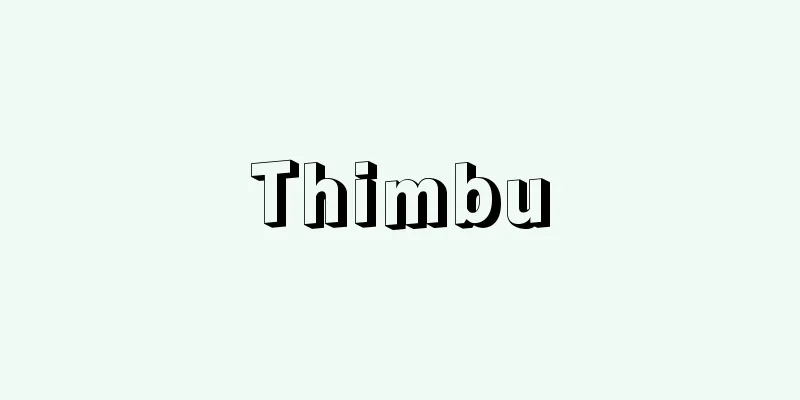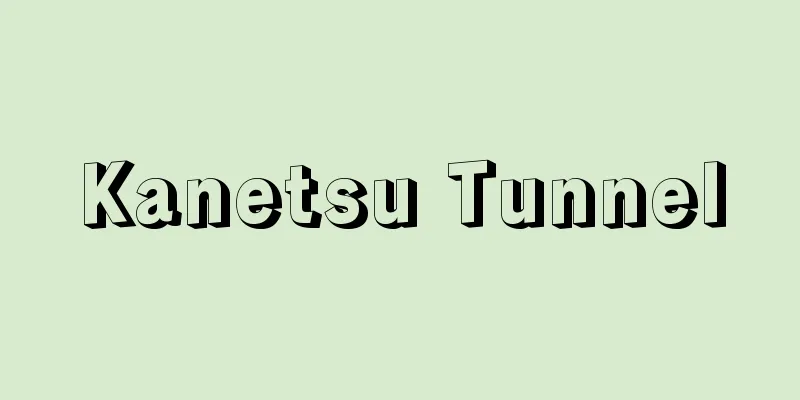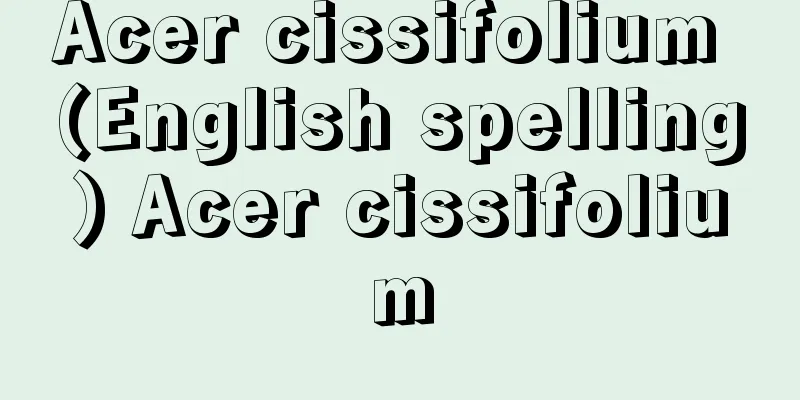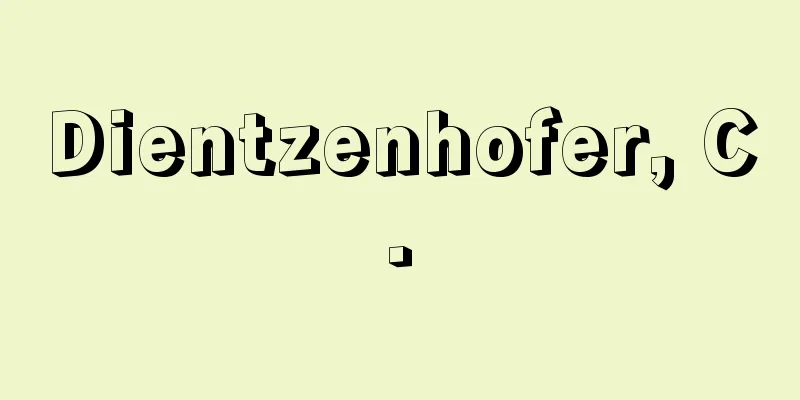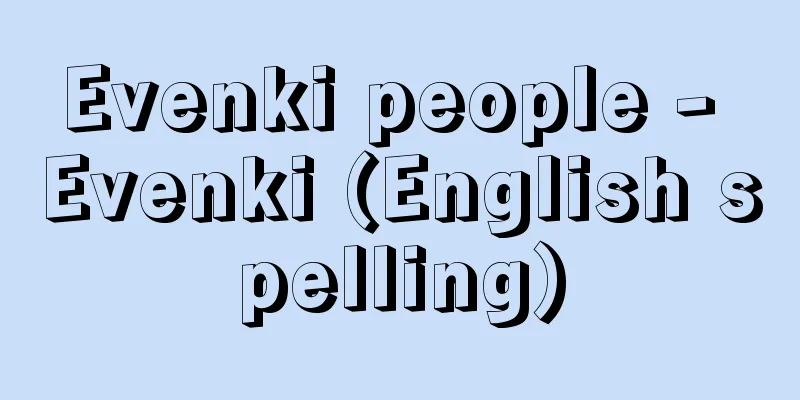Rewarding good and punishing evil
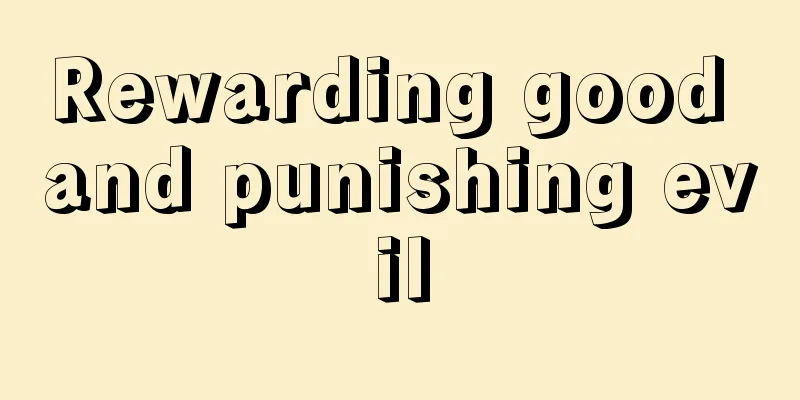
|
To encourage and recommend good deeds and to reprimand and punish bad deeds. [Example] Isn't it strange that he single-mindedly believes that the main focus of his novels and histories is to reward good and punish evil, and to inadvertently portray the human feelings that are his object of worship? [Shoyo Tsubouchi * The Essence of Novels | 1885-86] [Example] After all, isn't a comic book just a pastime? Is it worth risking your life for? All the readers are just lying down and reading it to kill time. Rewarding good and punishing evil, a dramatic life, good guys and bad guys, heroes and heroes... that's enough. [Inoue Hisashi * Tecla Shinju | 1972] [Example] The real Kumon knows very well that the world does not "reward good and punish evil" and that justice is not found in everyday life. [Sono Ayako * Garden of Cold Winds | 1976] [Explanation] This is a theme often seen in old books, movies, and dramas. It literally means encouraging good and punishing evil. A typical example would be a period drama from a long time ago, in which a character who is clearly a bad guy ends up suffering at the hands of the main character. In Edo period literature, the works of Kyokutei Bakin are famous. In the Meiji era, Shoyo Tsubouchi rejected the traditional idea of rewarding good and punishing evil and strongly criticized Bakin. Since then, works that simply divide things into good and evil have often been considered second-rate art. In modern works, many complex characters who cannot be classified as either good or evil appear. However, on the other hand, simple heroes who punish evil are also popular. Perhaps somewhere in our hearts, we long for someone who will clearly tell us "what is wrong is wrong." Source: Dictionary of Four-character Idioms About Dictionary of Four-character Idioms Information |
|
善行を勧め励まし、悪行を戒め懲らすこと。勧懲。 [使用例] ひたすら勧善懲悪をば小説稗史の主眼とこころえ、彼の本尊たる人情をば疎漏に写すはをかしからずや[坪内逍遙*小説神髄|1885~86] [使用例] しょせん、戯作は慰みものではないかね。命を張るだけの値打があるかい? 読者はみんな寝っころがって暇つぶしに読んでいるだけだぜ。勧善懲悪、波瀾万丈、善玉悪玉、豪傑英雄……それで充分だ[井上ひさし*手鎖心中|1972] [使用例] 現実の公文は、この世に「勧善懲悪」が行われているわけでもなく、正義が日常生活の中にころがっているのでもないことをよくよく知っているのである[曾野綾子*木枯しの庭|1976] [解説] 昔の読みものや映画、ドラマによく見られたテーマです。文字どおり、善を勧め、悪を懲らしめることです。 典型的なのは一昔前の時代劇です。誰が見ても悪い人物が、最後には主人公によって痛い目にあいます。 江戸時代の文学では、曲亭馬琴の作品が有名です。代表作「 明治時代になると、坪内逍遙がそれまでの勧善懲悪を否定し、馬琴を強く批判しました。それ以来、ものごとを善か悪かで分ける単純な作品は、二流の芸術とされることが多くなりました。 現代の作品では、善とも悪とも言えない複雑な人物が多く登場します。でも、一方では、悪を懲らしめる単純なヒーローも人気です。私たちは心のどこかで、「だめなものはだめ」とはっきり言ってくれる存在を求めているのでしょう。 出典 四字熟語を知る辞典四字熟語を知る辞典について 情報 |
<<: The Peeping Machine - The Peeping Machine
Recommend
Ilya - Ilya
...These figures and spirits from the old tales a...
Lepidoptera - Rinshirui
In insect taxonomy, the order Lepidoptera is simp...
Shibuzomeikki - Shibuzomeikki
This uprising against class discrimination occurr...
Arctocebus calbarensis (English spelling) Arctocebuscalbarensis
…The family Lorisidae is divided into the subfami...
Shodenji Temple
This temple is of the Nanzen-ji school of the Rinz...
Tambura
An Indian lute-like plucked instrument. Also known...
dolomite brick
…For special applications (such as steel taps), m...
Otago (English spelling)
This region lies in the southeast of the South Isl...
Kaizoji Temple
(Nada-ku, Kobe City, Hyogo Prefecture) A tourist a...
Negative contrast agent
... The conditions for a contrast agent are: (1) ...
Soka [city] - I see
A city in southeastern Saitama Prefecture. Establi...
Emery - Emery (English spelling)
A relatively fine-grained, homogeneous, hard rock...
Positioning -
〘noun〙① The act of determining the position of a t...
Regular polyhedron
A polyhedron in which all faces are made of congru...
exudate
...In both cases, bleeding directly under the mac...
